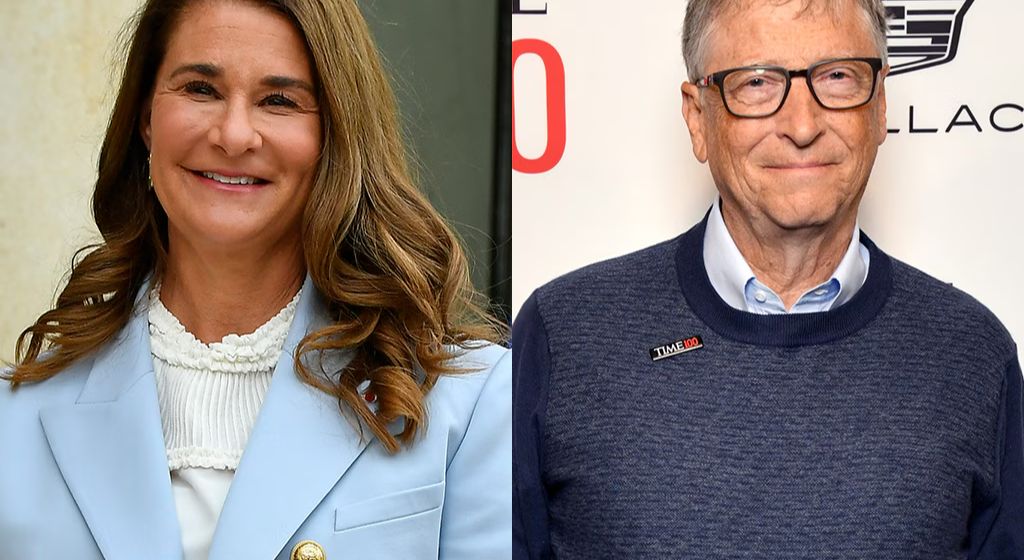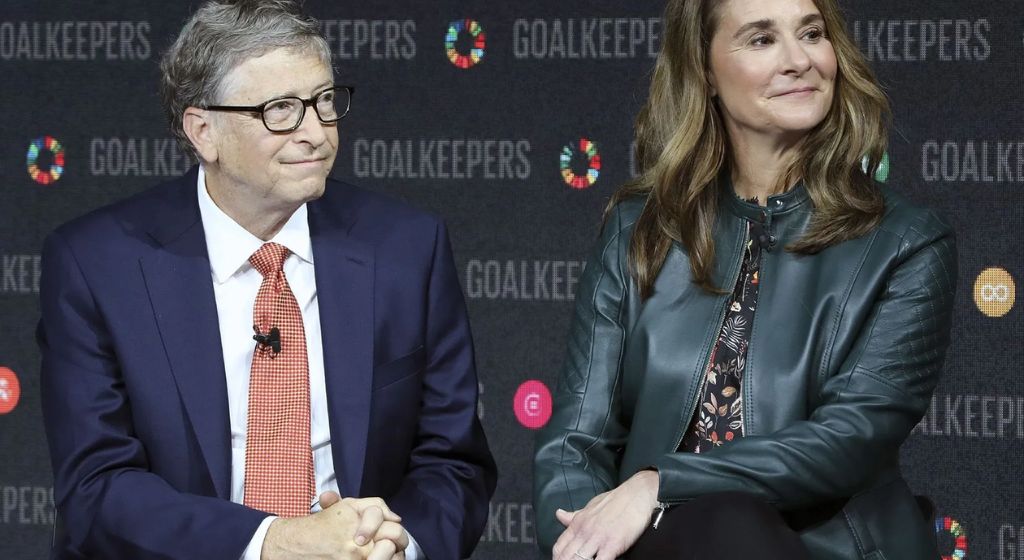Bill Gates, co-founder of Microsoft and one of the world’s wealthiest individuals, had long been revered for his contributions to technology and philanthropy. However, behind the scenes, troubling behavior was alleged to have taken place. These concerns, especially in professional settings, started gaining more attention over time. As the Gates’ marriage began to falter, more of these incidents emerged publicly.
Melinda French Gates, his wife of 27 years, began voicing serious concerns about his conduct well before their divorce was finalized. Among the most troubling issues for her was Bill Gates’s association with Jeffrey Epstein, a convicted sex offender. Despite Gates’s claim that the meetings were strictly professional, French Gates was deeply uncomfortable. Her concerns about the relationship reportedly added strain to their marriage.
Beyond his questionable social connections, there were also reports of misconduct involving Gates himself. He had an affair with a Microsoft employee, which the company investigated in 2019 after it came to light. Though the affair reportedly happened many years earlier, the company took it seriously enough to begin an inquiry. Gates stepped down from Microsoft’s board shortly after this investigation began.
Additionally, concerns extended beyond Gates’s personal behavior to include that of his close associates. In 2018, a sexual harassment complaint was made against Michael Larson, his longtime money manager. According to individuals familiar with the situation, Melinda French Gates was not satisfied with how Bill Gates handled the matter. She pushed for an independent, external investigation into the allegations.
Larson had been a key figure in managing the couple’s vast wealth, especially through Cascade Investment, the private firm that oversaw their finances. The allegations against him involved inappropriate workplace conduct and were reportedly settled privately. Despite the seriousness of the complaint, Larson remained in his position, drawing further criticism. Melinda’s insistence on an outside investigation highlights her dissatisfaction with how the situation was handled internally.
These revelations about Bill Gates’s behavior cast a different light on his public persona as a philanthropist and visionary. While his public image revolved around charity and global health, behind closed doors, some employees and insiders expressed concerns about his behavior in professional settings. Questions about his conduct started surfacing more prominently as the media delved deeper. His reputation as a workplace leader was being reassessed in light of these reports.
For years, whispers about Gates’s conduct circulated in the business community, though few came forward openly. His immense power and influence may have discouraged some from speaking out. These dynamics are not uncommon in environments dominated by powerful figures. The split from Melinda seemed to open the door for more scrutiny of his actions over the years.
The New York Times reported that Gates’s relationship with Epstein began after Epstein had already been convicted and labeled a sex offender. Despite the warning signs, Gates continued to meet with him, including at Epstein’s Manhattan townhouse. These meetings alarmed others in Gates’s circle, including his wife. She reportedly confronted him about the meetings multiple times.
Gates later acknowledged that continuing the relationship was a mistake and publicly stated regret. However, for Melinda French Gates, the association was difficult to ignore. She felt that his repeated interactions with Epstein were inappropriate and damaging. This, combined with other unresolved issues, likely influenced her decision to pursue a divorce.
A spokeswoman for Bill Gates responded to the various claims, denying any mistreatment of employees. She emphasized that some of the accusations were untrue or misleading. However, the spokeswoman’s denials did little to halt the growing scrutiny. As more insiders spoke to the press, the narrative around Gates shifted subtly but significantly.
The reports do not portray Gates as a serial predator but suggest a pattern of questionable judgment and power imbalance. His behavior—while not necessarily criminal—raised eyebrows among colleagues and employees. This included comments and actions in professional contexts that some viewed as inappropriate. These patterns, though not always reported at the time, now seem more consequential.

The shift in public perception has not necessarily undone Gates’s philanthropic work, but it has added complexity to his legacy. He continues to lead the Bill & Melinda Gates Foundation, though Melinda French Gates has stepped away. The foundation remains one of the world’s most influential charities. Nonetheless, leadership scrutiny has increased in light of these revelations.
Melinda’s insistence on accountability in the workplace may have reflected a broader concern with culture and integrity. She reportedly felt that problems were being handled quietly rather than transparently. This created tension not only in their personal relationship but also in their shared business and philanthropic ventures. The lack of external accountability for figures like Larson likely reinforced her unease.
Their divorce, announced in 2021, marked the end of a partnership that had become synonymous with global giving. While they pledged to continue working together publicly, their roles and trust in each other had clearly shifted. Melinda French Gates’s concerns about judgment and ethics played a major role. Their separation was not simply personal but reflected diverging values and priorities.
Some of Gates’s defenders argue that isolated incidents should not define his entire career. They note his contributions to science, education, and public health. Yet, critics argue that immense power comes with a duty to uphold strong ethical standards. For someone in Gates’s position, even minor misconduct can have large implications.
In the corporate world, the conversation about workplace ethics, transparency, and accountability is evolving. Gates’s situation echoes many of the broader discussions happening globally about powerful men and their unchecked behaviors. Even without overt criminal charges, patterns of behavior matter. These questions resonate especially in the wake of the #MeToo movement.
As scrutiny continues, the Gates divorce serves as a lens through which to view issues of power, privilege, and integrity. The revelations don’t erase Gates’s accomplishments but complicate the story. His legacy is now viewed through a more nuanced lens. What was once seen as a flawless public image has taken on new shades of complexity.
In the end, Melinda French Gates’s quiet persistence to seek truth and transparency may shape how this chapter is remembered. Her insistence on independent investigations and accountability stands out in the narrative. It’s a reminder that even at the highest levels, actions behind closed doors can’t stay hidden forever. The consequences of those actions eventually rise to the surface.

